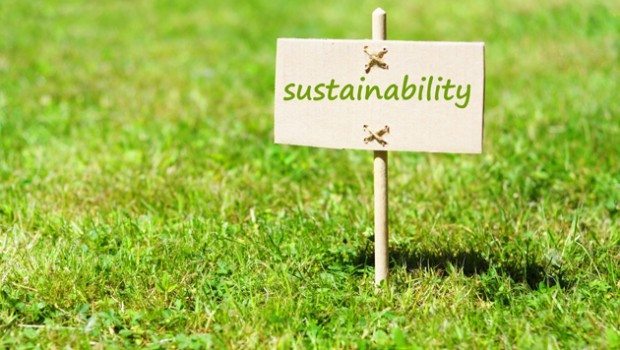Sustainable Connections Between People, Profit and Planet
For a while now, it seems that there have been two sides of sustainability—the business side and the consumer side. For the most part, these two areas of the sandbox have not really crossed, and there are legitimate reasons why they haven’t.
Now there is an emerging dialogue about how sustainability in the workplace is truly a human issue that goes beyond the bottom line. The three elements of sustainability: people, profit and planet, have collided. In the beginning of the sustainability movement, there was a focus on profit and planet because the easiest way to motivate companies was not necessarily thinking about staff, but thinking about income. Dealing with human resources does not necessarily yield a tangible result.
The planet argument also is easy to make. With numerous documentaries, input from industry leaders, symptoms of overtaxed infrastructure and images from environmental groups, it is clear that we need to be kinder to the planet.
Making the connection between people and profit and planet has been more challenging. Many people working on environmental justice issues that involve disadvantaged communities know that endangered polar bears are not a compelling argument for people trying to put food on the table.
With initiatives progressing on energy efficiency, renewable energy, water conservation and transportation management, the conversation is shifting back to the people. The easiest place to start this conversation is with healthcare, which seems to be the new focus of the consumer side of sustainability. Whether it’s asthma, obesity, food allergies or autism, parents are beginning to understand there is a direct connection between health, food and environmental vectors.
This year’s theme of the Georgia Organics Annual conference was FarmRx: A Prescription for Better Health. National speakers discussed the connection between healthy people, productivity and well-being. It was impressive conference had grown so large, as had the conversation. The business opportunity was clear. Many companies now understand that unhealthy workers equal an unhealthy bottom line.
Keynote speaker Robyn O’Brien, the author of The Unhealthy Truth, told attendees that 17 percent of every dollar spent in America is now spent on healthcare. Dr. Sanjay Gupta, with CNN, stood before the standing-room-only crowd, saying, “I want to be a part of your movement.”
What better place to have the sustainability conversation than around our dinner tables. This is where the conversation really gets interesting. There is a burgeoning slow and local food movement that is creating real jobs, real health benefits and economic diversity in a way we’ve never seen before. Move over agribusiness—organic farming and local food is gaining on you.
The growth of real American jobs in this emerging industry of healthy food is upon us, and there are many opportunities for all of us to gain from this shift in ideology. The future seems bright if the present pace is maintained.
<












